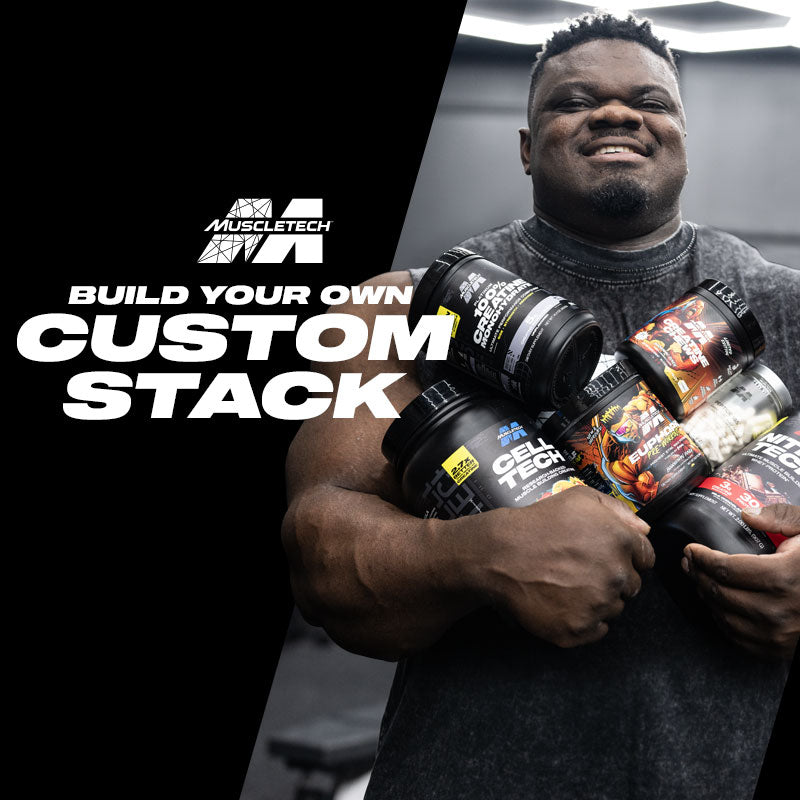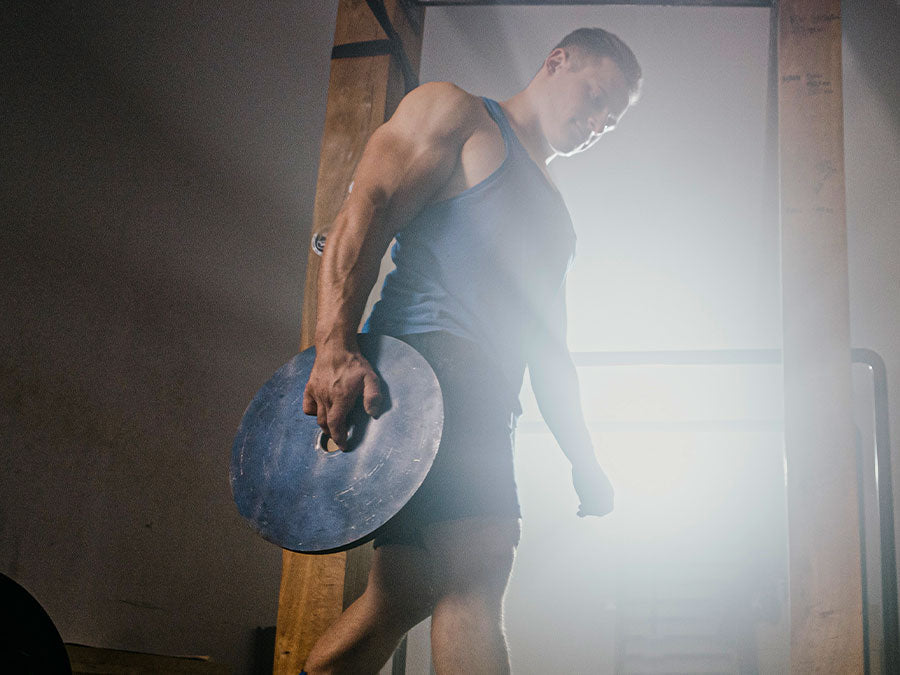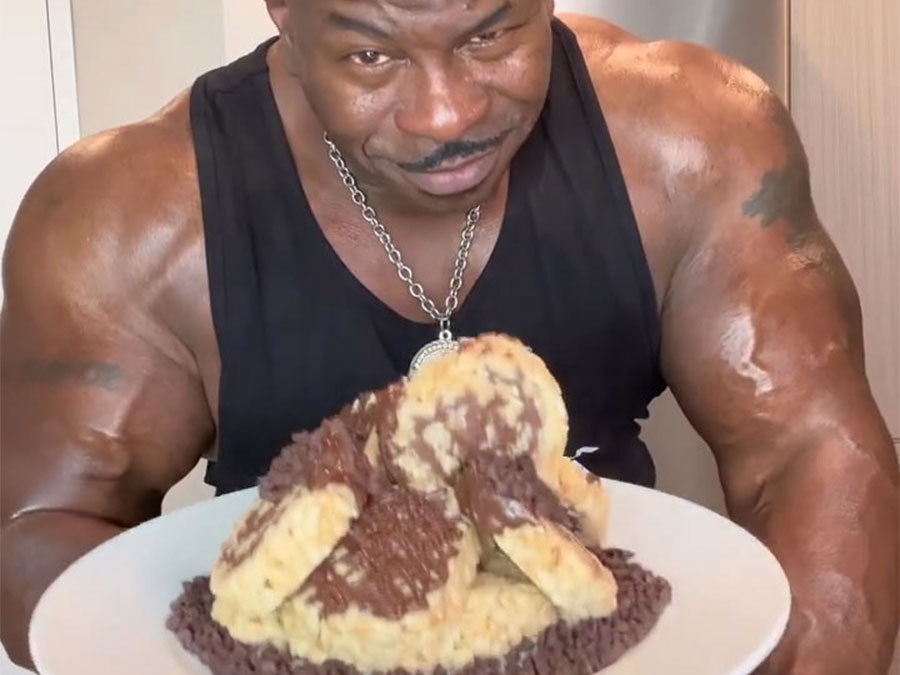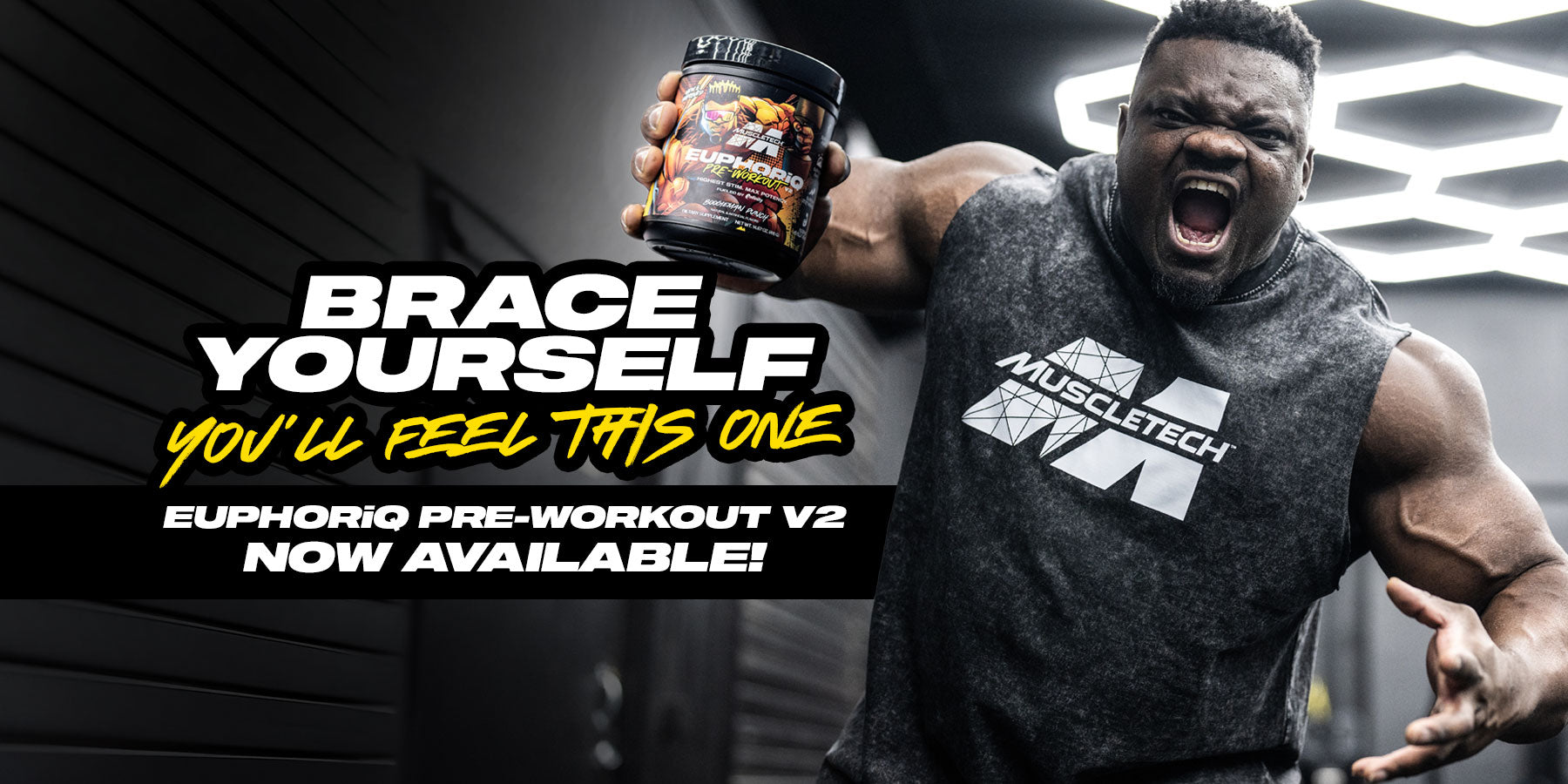By Ron Harris
I competed for the first time at the ANBC Colonial Classic in Fall River, Massachusetts, in March of 1989 at the age of 19. It was a very different era. There were only two divisions: Men’s and Women’s Bodybuilding. The Internet was still years away, so readily available information that we all enjoy today on our smartphones and computers was nonexistent.
We relied on books and magazines for information, and there were no contest prep coaches. If you were lucky, someone with experience in that area could guide you through and help you properly prepare to step onstage at your best. I wasn’t so fortunate. In fact, I was clueless, having never even attended a contest aside from spectating one at Muscle Beach Venice the summer before.
As a result, I made many mistakes and wound up placing very poorly; I believe I was 15th out of 17 in the Junior Medium height class. I would compete 30 more times until finishing up in the summer of 2013, coaching myself all the while but learning more and more with every prep via trial and error, picking the brains of those more experienced than me, and, of course, taking advantage of the vast array of information and resources found online.
Eventually, I even became a coach myself, taking pride in being able to help others to avoid making the same dopey mistakes I had and guiding them to look their absolute best on contest day. That brings us to the purpose of this article. For any of you who will be competing for the first time or who are entertaining the thought, I have compiled my best tips on what to expect as well as what I wish I’d known back in the day so you can have the best and most rewarding first-contest experience!
By the way, have you ever heard of the bulking season?
3 things to expect
1. You will be judged, and you may not win
It’s a tough concept for some who grew up in the culture of participation trophies and being assured that everyone is a winner, but physique competitions are adjudicated by a panel of judges who are tasked to place each category or division from first place down to last. As a competitor, all you can do is prepare and look your best. Depending on who else shows up that day, your best might be good enough to win, or not.
If you’ve never sat through a contest and paid attention to the judging process and what criteria the judges use to make their careful decisions, you may fail to understand what they are looking for and why some people beat other people, I strongly suggest doing this to avoid being hurt and confused if you don’t win, especially because well-meaning friends and family who are also uninformed of the criteria will assure you that you were “robbed!”
Also Read: The Best Bulking Diet for Skinny Guys
2. Contest days are long as hell
There is typically a break of one to three hours between judging and finals at normal one-day amateur events. You will probably be required to arrive at 8 or 9 a.m. for check-ins, where your weight or height will be measured, you will turn in your posing music, and you’ll be assigned a competitor number.
Judging may not commence until 10 a.m. or even noon, and depending on how the number of categories and competitors as well as the order in which they take the stage, it could be several hours of waiting to go on. Finals might start anywhere from 5 to 8 p.m. and wrap up between 9 and 11 p.m. This is a looong day! Bring all the meals you will need along with any snacks or drinks, your headphones, and maybe even a paperback book.
3. Your time onstage goes by in a flash
In spite of what I just told you about how long you will be at the venue either out in the seats or lounging around backstage, the actual time you spend onstage is remarkably brief. It will seem ironic that you spent hours and hours over a period of months training, doing cardio, practicing your posing and so on for what may amount to being up there under the stage lights for perhaps 5 to 10 minutes at most during judging, and another scant few minutes at the finals.
Relish every second of it, and stay focused. You won’t get a second chance at judging, so stay tight, pose hard and properly, and smile!
5 things I wish I’d known before I competed.
1. Contest diets need to be gradual.
I believe my first contest “prep,” and I use the term loosely, was a mere four weeks long. For another few years, I would diet for six to eight weeks. I also happened to be drug-free in those years, which meant I had no chemical assistance to help me retain muscle mass while attempting to drop substantial amounts of body fat in an absurdly short time frame. As a result, I dropped equal portions body fat and lean muscle tissue. Because you can only lose so much fat so fast, the end result was that I wasn’t lean enough and I had sacrificed muscle mass I couldn’t afford to.
Only as time went by did it dawn on me that I needed longer diets. Twelve weeks was better than six to eight, and eventually I settled on the standard 16-week prep. When you diet longer and more gradually, you never need to make drastic and sudden reductions in your calories, nor do you need to do hours of soul-draining cardio every day. The body prefers to be nudged rather than bullied, so dieting down gradually over a longer time period and making smaller adjustments to your diet and cardio regimen are far superior to trying to rush the process.
2. The best way to be in great condition is to never get too far out of shape
It took me far more years than I care to admit to realize that as a competitive bodybuilder, gaining more than a certain amount of body fat in the off-season was both making the prep process longer and more arduous, but it was preventing me from being my best on contest day.
Think about it. The goal in competitions is to get up there with as much muscle mass and the absolute least amount of body fat possible—as close to zero as we are able to achieve! That means that every ounce of body fat you gain beyond that will eventually need to come off again for your next contest. This isn’t to say that you’re supposed to stay shredded all the time. That would be both unrealistic and unhealthy. But you should try to stay within what the great eight-time Mr. Olympia champion Lee Haney used to refer to as “striking distance.” Rather than assign an arbitrary number to that such as a body fat percentage or a certain number of pounds over contest weight, I prefer to put it in terms easier to adhere to.
If you can’t see your abs at all, meaning not even a blurry outline, you got too fat. You should always be able to see some muscle separation overall in areas such as the quads, back, and chest. If they’re totally smooth, you need to drop a few pounds of fat so you’re at a better starting point for whenever you do diet down for a show again. You might find you can stay lean enough with a bit more nutritional discipline so that you won’t even need a full 16 weeks to be in peak condition.
It’s more challenging to keep up your cardiovascular training and avoid sweets, fast food, and junk food when there’s no contest on the horizon, but you will look and feel better. Your odds of holding on to all your hard-earned muscle mass while getting totally ripped will be much higher too!
3. “Peak week” isn’t going to work miracles
I’ve actually come to loathe the term “peak week” for the false expectations many competitors harbor about it. What I see all too often are people who failed to lose as much body fat as they needed to for various reasons (didn’t allow enough time to diet, indulged in too many self-prescribed cheat meals) firmly believing they are simply “holding water” and will look like an anatomy chart once they cut their water and/or take a diuretic. 9.9 times out of 10, what they perceive as “water” under the skin is just fat they should have lost.
Cutting water only flattens out their muscles; the fat will still be right there. The other silly misconception/expectation is that “carbing up” over the last two or three days will make them appear to be much bigger. Often this goes hand in hand with losing muscle due to crash-dieting, and that lost muscle isn’t coming back from a couple of days of eating a few extra sweet potatoes or bowls of rice.
Your goal should be to look very close to ready at one week out. If you don’t, you didn’t prepare properly and no last-minute voodoo is going to transform you into an Olympia champion. Speaking of which…
4. Don’t make any drastic changes!
One of my favorite sayings is “If it ain’t broke, don’t fix it.” It’s been a cliché in bodybuilding for decades to see someone looking fantastic a couple of weeks out or even just a couple of days from a contest, only to be shocked and disappointed at how much worse they actually look once they take the stage. The immediate question is, what happened? In almost every case, the athlete, perhaps on the advice of a coach or not, did something drastic, usually with their diet. Maybe they decided to “carb up and fill out” on junk food. Maybe they stopped drinking water at 48 hours out.
They could have tried some new drug or even supplement at the last minute in hopes of dramatically improving their physique. These practices backfire far more often than not, which is why I describe them as taking the risk of looking 50 percent worse to maybe look 5 to 10 percent better. I have seen people spill over and retain so much water that it looks like they didn’t even diet. I’ve seen people flatten out so much that half their muscle mass seemed to have evaporated.
Nobody wants the frustration and regret of having all those long, hard weeks of dieting go up in smoke because you tried something new at the last minute. Don’t eat foods you haven’t been eating on your diet. Don’t make any drastic alterations to either your water or sodium intake.
Don’t take some new drug or supplement that could cause an unexpected reaction. The last thing you want is to wish you could have looked the way you had a week or two before the actual contest!
5. Good stage color is critical
At my first contest, I had no idea that you were supposed to paint yourself with an artificial tan. I had ordered some tanning pills out of the back of a natural bodybuilding magazine that gave me a slightly orange tint and assumed that would be sufficient. Imagine my shock and dismay when I got backstage, and everyone was various shades of brown.
Under the brutally bright stage lights, I was white as a ghost. These harsh lights will wash out any muscle definition if they reflect off pale flesh. You can apply your own contest color, but for a little extra money, every contest has an official tanning/color service that will give you a professional, even, and sufficiently dark color with an airbrush in a fraction of the time it would take you to do it.
Also, on your own you would need help anyway to apply color to your back. I should also add that any body hair not covered by your posing suit needs to be waxed or shaved prior to stepping onstage. This goes for your armpits and yes, even and especially any pubic hair that a revealing suit might not cover!
All of you reading this have access to plenty of solid information online from experienced competitors and coaches. You also have the option of hiring a good coach with a proven track record of guiding clients through the preparation process. Your first contest will be an exciting whirlwind of emotions and experiences that you will never forget. Make the most of it by knowing what to expect and what mistakes to avoid. Good luck and have a blast!
Visit our Shop to Buy the Best Body Building Supplements
Read Our Top Read Content:
-
A-Z Guide to Bodybuilding for Beginners
-
The Best Bulking Diet for Skinny Guys
-
Creatine - Unleashing Power, Performance, and Safety








